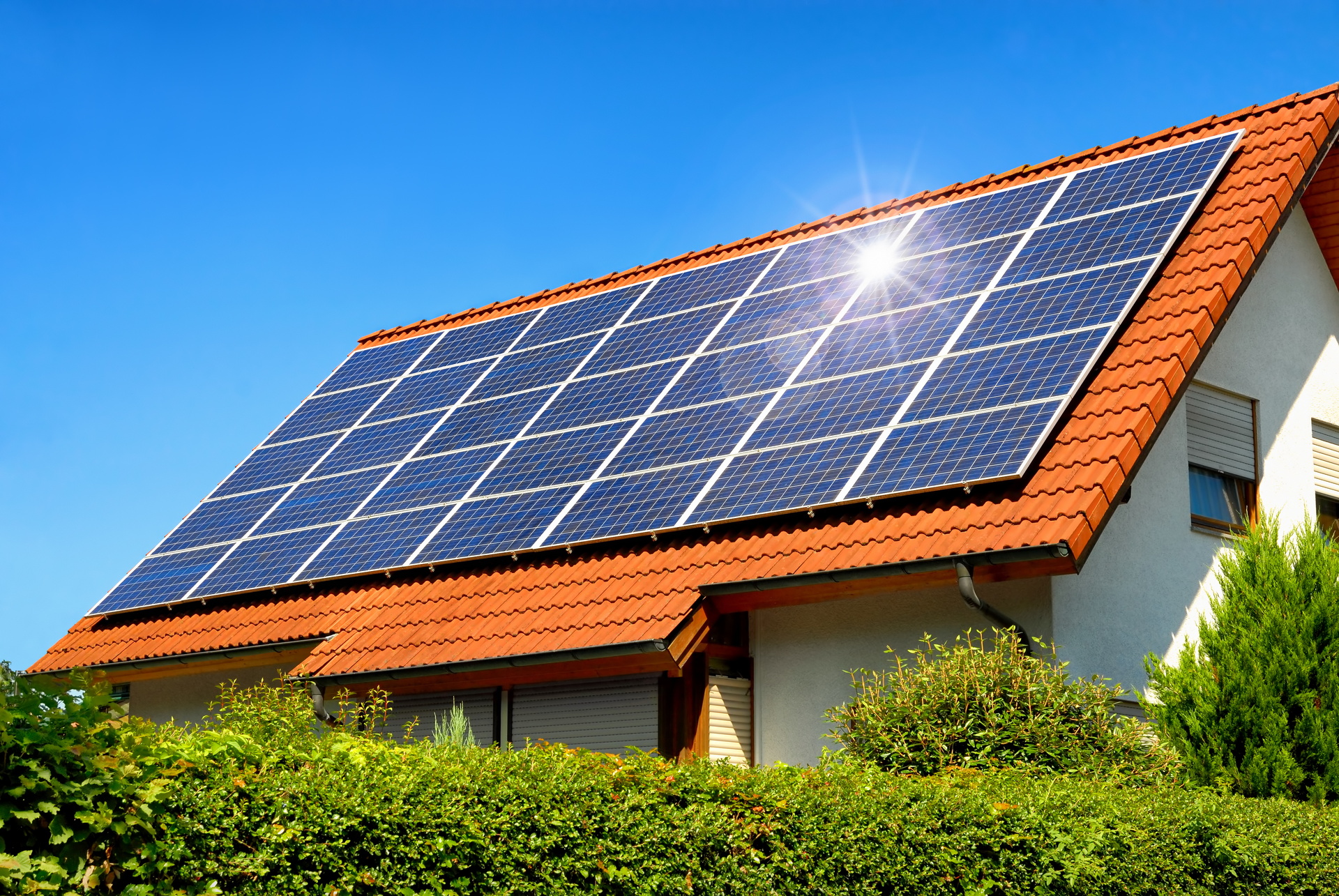The Total Overview to Solar Power Setup: Save Money and Go Eco-friendly
Exploring the nuances of solar power setup discloses a multifaceted strategy to both expense savings and environmental obligation. House owners are progressively thinking about solar power not only as a viable alternative however as a tactical financial investment that can generate substantial lasting advantages. The procedure entails cautious consideration of numerous elements, consisting of system selection and setup procedures. Comprehending these components is important for maximizing effectiveness and financial savings. What details steps should one take to make sure an effective shift to solar power, and how can financial motivations better improve this endeavor?
Benefits of Solar Power
The growing adoption of solar energy reflects a substantial shift toward sustainability and environmental duty. One of the main advantages of solar power is its capacity to decrease reliance on nonrenewable fuel sources, resulting in lowered greenhouse gas discharges. By harnessing the sun's power, individuals and companies can add to a cleaner atmosphere and mitigate the damaging results of climate adjustment.
Furthermore, solar energy can bring about substantial financial savings. Once set up, photovoltaic panels substantially lower power expenses, as they produce power from a renewable source. Several governments likewise use motivations, rebates, and tax credit ratings to motivate solar fostering, better enhancing economic practicality.
One more significant benefit is power independence. Solar power systems allow property owners and services to generate their very own power, reducing vulnerability to fluctuating energy prices and supply disruptions. Furthermore, solar power systems need very little maintenance, equating to lower long-term operational costs.
Choosing the Right Solar System

Solar systems vary considerably in price depending on their kind, size, and effectiveness. Consider potential funding choices such as lendings, leases, or power purchase arrangements (PPAs) that might minimize ahead of time expenses.
Readily available space is one more critical factor. Assess your roofing system's orientation, angle, and shading, as these aspects can affect photovoltaic panel effectiveness. If roofing area is minimal or unsuitable, ground-mounted systems may be a sensible choice.
It's important to perform thorough research to recognize the certain rewards available in your area, as they can vary extensively. Consulting with a solar installation expert can aid you browse these options efficiently, guaranteeing you maximize your cost savings while contributing to a more lasting power future.
Maintaining Your Solar System
Effective upkeep is essential for ensuring the long life and optimum efficiency of your solar power system. Regular maintenance can assist stop small concerns from escalating right into costly repair work and make certain maximum power efficiency.
Beginning with routine inspections of your solar panels, preferably every 6 months. Cleaning the panels, especially in locations susceptible to dirt or bird droppings, can significantly boost energy manufacturing.
Next, keep an eye on the inverter. This part transforms solar power into usable power and should be inspected monthly. The majority of contemporary inverters have monitoring systems that notify you to performance concerns, enabling prompt intervention.
Additionally, examine the electrical wiring and connections for any indicators of rust or damages, as these can cause decreased effectiveness or system failing. Finally, think about expert maintenance solutions each year for an extensive check-up.
Conclusion
Finally, the adoption of solar energy offers significant benefits, consisting of reduced electrical power expenses and a positive ecological influence. Mindful factor to consider in picking the appropriate solar system, combined with a clear understanding of the installment procedure, enhances the overall experience. Financial incentives and routine upkeep additionally add to the long-term advantages of solar energy. Ultimately, embracing solar modern technology represents an essential action toward sustainability and energy self-reliance, fostering a greener future for all.